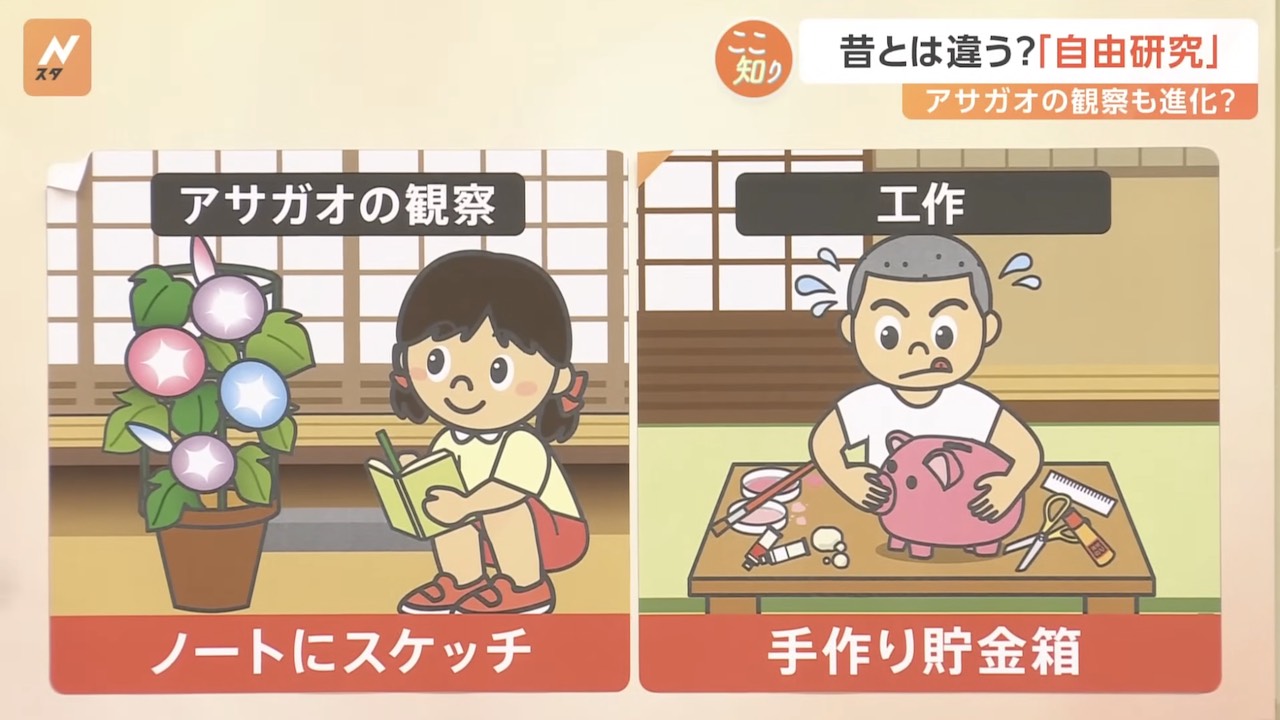TOKYO, Aug 03 (News On Japan) - Summer homework, a hallmark of Japanese elementary school education, is undergoing significant changes. What are the latest trends in summer homework?
Starting in 2023, Nishishinjuku Elementary School in Shinjuku Ward eliminated summer homework entirely. According to the school principal, "Although there haven't been any dramatic changes yet, some students have taken the initiative to study independently or found interests outside of academics."
In 2023, parents expressed concerns about their children spending too much time playing video games, but by 2024, those worries had completely dissipated. The principal also noted a slight increase in children's self-motivation.
Obstetrician Miho So: Summer homework can be beneficial for students who need to review their studies, but a lot of elementary school assignments heavily rely on parental involvement...
Yamauchi: Indeed, parents often find themselves taking on a significant role in their children's summer homework, particularly for younger students.
This means that the more homework assigned, the more challenging it becomes for parents. Consequently, there is a nationwide trend toward reducing homework, which also helps to lessen the burden on families.
Educational advisor Akihiro Shimizu explained, "With more dual-income households, the approach to homework is being reconsidered," confirming the nationwide trend of decreasing summer assignments.
Obstetrician So: Many summer homework tasks require parental assistance. Projects like "free research" often need significant help, as schools do not provide detailed instructions on science or research methods, leaving parents to manage the entire process.
Yamauchi: Children share similar feelings of burden as their parents.
In a survey conducted by Benesse Corporation, elementary students revealed the most challenging summer homework tasks: 1. Free Research/Art Projects: 40%
2. Book Reports: 39%
3. Diaries/Art Journals: 30%
Yamauchi: The variety of assignments is gradually changing.
Traditional tasks like "morning glory observations," once recorded as notebook sketches, now involve creating time-lapse videos. "Art projects" have evolved from handmade paper-mache piggy banks to programming projects using computers and smartphones.
Some children, however, genuinely enjoy free research.
Takumi Minamihata, a 12-year-old sixth grader, created a popular board game during his first-grade summer research project. The game, which involves managing a zoo through land development and animal trading, was entirely designed by Takumi, including illustrations and rules. His dedication over 40 summer days earned full parental support.
The game's quality was so impressive that his parents submitted it to a toy company competition. In July 2023, "TAKUMI ZOO" (Hanayama Co., 3300 yen) was released and exceeded sales expectations threefold. The game, featuring illustrations from Takumi's first-grade project, won the Excellence Award in the Communication Toy category at the 2023 Japan Toy Awards.
Source: TBS
















